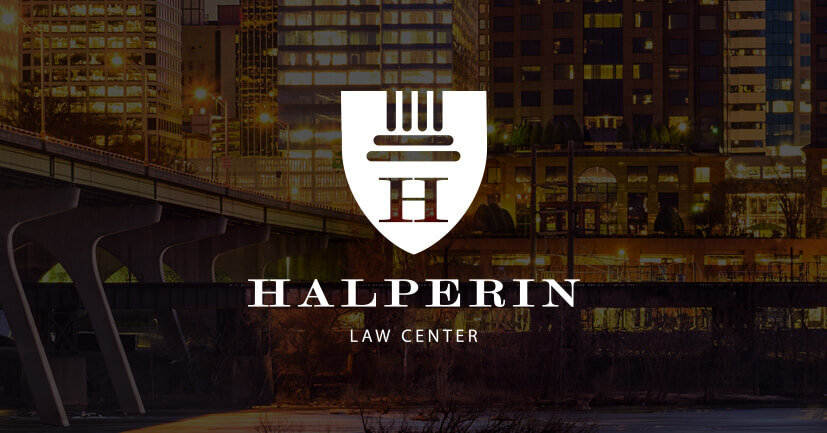How Contributory Negligence Works in Virginia
If you’ve been injured in an accident in Virginia, you may be wondering how contributory negligence works. The law of negligence operates on the principle that all people are responsible for the harm they cause others.
That means that they can be made to pay for your financial and other losses if through their actions (or inaction) you are brought to harm.
For instance, if you are at a friend’s house and trip on a loose floorboard, you can receive compensation by filing a slip-and-fall claim against your friend for damages. If your friend knew that there was a loose floorboard and didn’t warn you and didn’t get it fixed, then you can hold that person accountable.
So then what is contributory negligence?
Understanding Contributory Negligence
Virginia has a unique law regarding negligence and injury damages called pure contributory negligence, or contributory fault.
This law basically makes it possible to collect damages in an accident where the party to blame was 100 percent responsible for the accident. This means that you can’t have had any blame whatsoever for causing your own injuries.
An example: Let’s say you were involved in an auto wreck in which a red-light runner struck you. If it’s discovered that you were eating while driving, it could be proved that you were driving distracted.
Even if you’re given only 1 percent of the blame for the accident, you won’t be able to recover any damages. This is a strict law; however, as long as you weren’t to blame for an accident, you can get compensated for your injuries.
I Was Not Responsible for My Injuries. Now What?
If you’re positive that you were not to blame at all for your injury accident or intentional abuse, then you can file a claim to recover your losses. Filing a claim requires many steps. The following steps are part of the personal injury claims process:
- Seek medical treatment for your injuries.
- Investigate the accident and gather evidence needed to prove your claim.
- Document your injuries and losses.
- File claim paperwork.
- Argue your case with insurance companies.
- Take your case to court if insurers refuse to pay your fairly.
What Types of Damages Can I Request in an Injury Claim?
If you win your injury claim, then you can receive a settlement from the insurance company. It can be difficult to get the full settlement you deserve, so it’s usually best to have a lawyer help you.
Injury lawyers can handle all the steps in the claims process, and they’ll help you calculate your damages so that you will receive compensation for your claim’s total value.
You can request the following damages be added to your injury case, among others:
- Pain and suffering
- Medical expenses
- Missed work wages
- Mental trauma
- Mental health treatment
- Physical therapy costs
- Loss of life enjoyment
Speak with a Personal Injury Lawyer in Virginia
Need help handling your injury claim? Contact an attorney at Halperin Law Center today. A free case evaluation is yours when you call 804-527-0100 or fill out the case evaluation form on this webpage.




